In 1997, renowned spiritual teacher and author Don Miguel Ruiz published “The Four Agreements,” a timeless bestseller that serves as a roadmap to enlightenment and personal freedom. The book, which is filled with invaluable lessons, has positively transformed the lives of millions globally across various disciplines and industries. While Ruiz’s agreements and profound code of conduct are simplistic and practical in theory, their application can challenge our comfort levels, our consistency, and our courage.
The Four Agreements can empower us to live with greater clarity, purpose, and passion while letting go of self-limiting beliefs that rob us of our joy. The agreements are:
- Be Impeccable With Your Word: Speak with integrity. Say only what you mean. Avoid using the word to speak against yourself or to gossip about others. Use the power of your word in the direction of truth and love.
- Don’t Take Anything Personally: Nothing others do is because of you. What others say and do is a projection of their own reality, their own dream. When you are immune to others’ opinions and actions, you won’t be the victim of needless suffering. This also includes the voices inside your mind.
- Don’t Make Assumptions: Find the courage to ask questions and to express what you really want. Communicate with others as clearly as you can to avoid misunderstandings, sadness, and drama.
- Always Do Your Best: Your best will change from moment to moment; it will be different when you are healthy as opposed to unwell. Under any circumstance, simply do your best, and you will avoid self-judgment, self-abuse, and regret.
There is rarely clarity in life, but Don Miguel Ruiz’s “The Four Agreements” teaches us to lean into what is while cultivating understanding, perception, and realizing the most important agreements are the ones we make with ourselves.

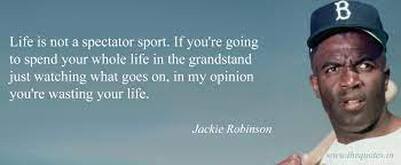
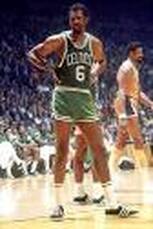
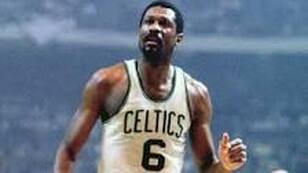
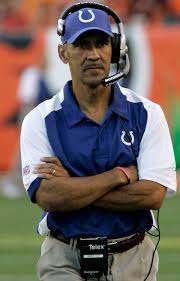
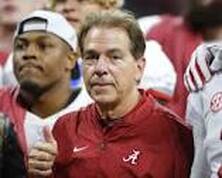
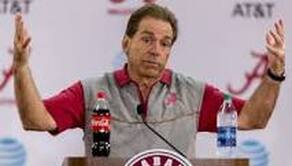
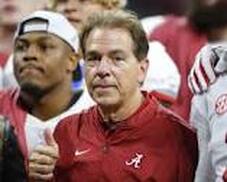
 RSS Feed
RSS Feed